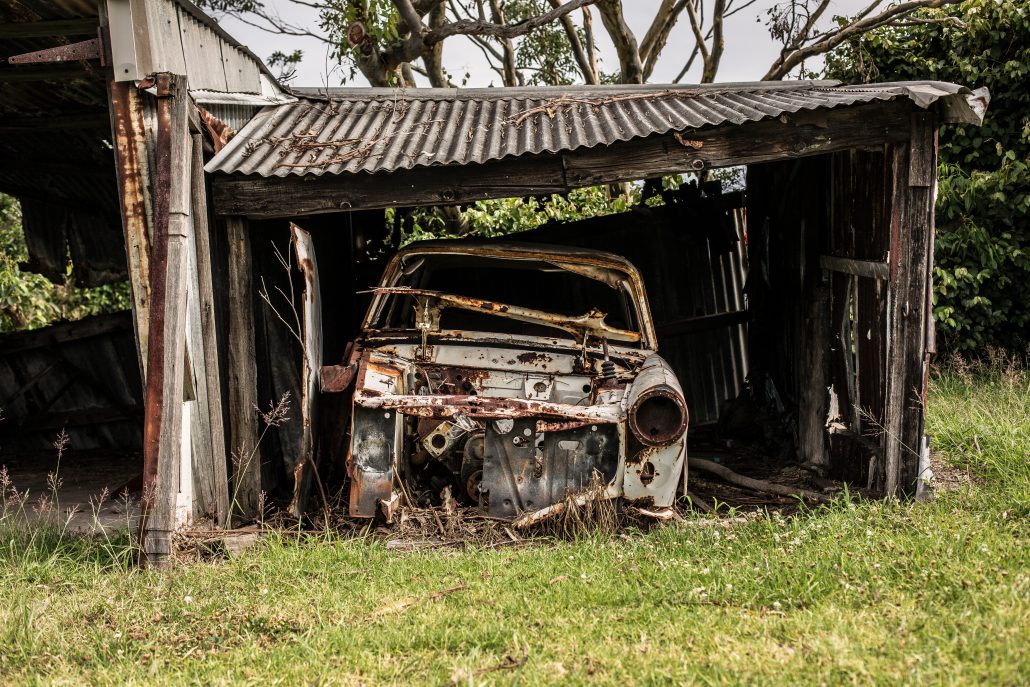What Can Go Wrong With Your Car?
Seasoned drivers know from experience that anything can happen when they’re on the road. But if you’re still new to driving, you’re probably clueless on what you might encounter. That’s why we’re giving you seven things that can go wrong with your car while driving.
The Things That Can Go Wrong With Your Vehicle
It pays to be aware of these possibilities ahead of time. Because then, you would know what to do if you find yourself in these situations.
1. Tire problems
Tires are among the most heavily used parts of a vehicle. They are regularly exposed to varying road and weather conditions, making them extremely vulnerable to damage.
Tires can blow out when you run over a pothole, sharp objects, or hit the curb a wrong way. Failure to maintain them can lead to flat tires or cause them to lose pressure with just daily use.
2. Faulty spark plugs
Spark plugs are responsible for igniting the fuel in the engine. As soon as they need replacing, you might notice the following signs:
- Decreased fuel efficiency
- Slower acceleration
- Difficulty starting
- Stalling
- Engine misfires
- Rough idling
3. Dead engine starter
The starter is what powers up the engine each time you turn the ignition. It goes without saying that it tends to wear , considering its use. When it reaches the end of its lifespan, you won’t be able to start the vehicle at all!
4. Alternator failure
The alternator keeps the charge on the battery, so it has enough power to start a vehicle. If it fails, you’ll notice signs that are very much similar to a dead car battery.
- The signs of a failing alternator include:
- Dimmer lights
- Difficulty starting
- Stalling
- Odd noises
- Other electrical issues
5. Broken timing belt
The timing belt synchronizes the movement of your car’s pistons and valves. When it gets busted, it can do more than just damage a valve. It can also lead to accidents if it happens on the road.
6. Loose gas cap
A gas cap that is loose or has a faulty seal may cause gas fumes to enter the car’s interior, or the engine light on the dashboard to switch on. If you’re trying to pass an emission test, it’ll definitely cause you to fail.
7. Dead car battery
A car battery lasts long, but it does need to be replaced at some point. Once it starts to lose power, you’ll have problems starting the car or end up getting stalled.
What Should I Do?
Watch out for the signs mentioned above so you’ll know if there’s a problem with your car. The moment you notice them, take your vehicle to an auto repair shop for proper assessment.
Professional technicians are more knowledgeable and better equipped at diagnosing car issues. Depending on their findings, you may need to have your vehicle repaired and some parts replaced.
Ideally, it would be best if you take preventive measures instead of waiting for these problems to turn up. Having a regular maintenance schedule for your vehicle can prevent most problems on this list from ever happening.

